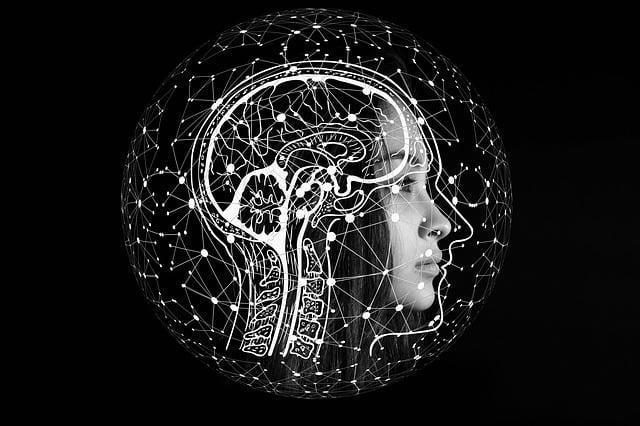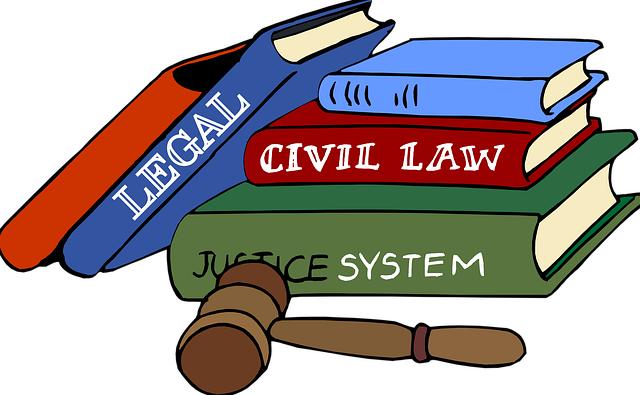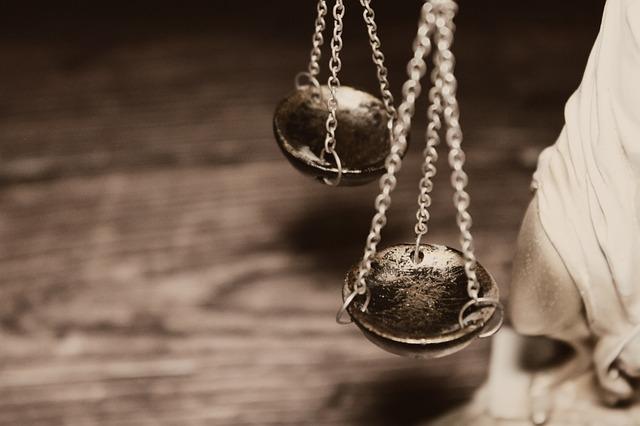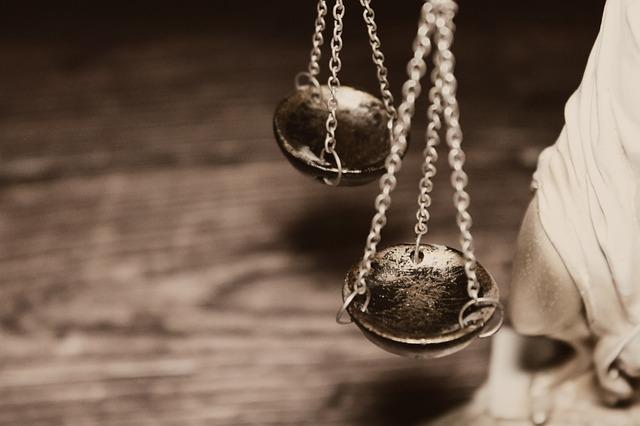- Introduction
- AI Judges
- AI Lawyers
- Impact on the Legal System
- Ethical Considerations
- Future Trends
- Conclusion
- FAQs
- References
Introduction
In recent years, the integration of artificial intelligence (AI) in the legal field has sparked discussions and debates. The emergence of AI judges and lawyers brings both opportunities and challenges to the legal system. This article explores the role of AI in the legal sector, focusing on AI judges, AI lawyers, their impact on the legal system, ethical considerations, and future trends.
AI Judges
AI judges refer to the use of artificial intelligence technologies to assist or even replace human judges in legal decision-making processes. These systems analyze data, identify patterns, and provide recommendations or decisions based on predefined rules and algorithms. By automating certain tasks, AI judges aim to streamline the judicial process, improve efficiency, and reduce human bias.

(Image: Pixabay/@geralt)
While AI judges can enhance the speed and accuracy of legal decisions, concerns have been raised regarding the lack of empathy and nuanced understanding of complex legal issues that AI systems may exhibit. Additionally, questions about accountability, transparency, and the potential for algorithmic bias need to be addressed to ensure trust and fairness in the justice system.
Despite these challenges, AI judges have the potential to revolutionize the legal landscape by handling routine cases, providing legal insights based on vast amounts of data, and enhancing access to justice for individuals who might not otherwise afford legal representation.
AI Lawyers
AI lawyers are software programs designed to perform tasks typically carried out by human attorneys, such as legal research, contract analysis, and document review. These AI systems leverage natural language processing, machine learning, and other AI techniques to analyze legal texts, extract relevant information, and offer recommendations or solutions to legal problems.

(Image: Pixabay/@geralt)
AI lawyers can significantly reduce the time and cost associated with legal operations, allowing legal professionals to focus on more strategic and value-added tasks. By automating repetitive and time-consuming activities, AI lawyers enable law firms to deliver services more efficiently and effectively.
However, concerns exist regarding the potential job displacement of human lawyers, the quality of legal advice provided by AI systems, and the ethical implications of relying on machines for critical legal decisions. It is crucial to strike a balance between leveraging AI technology for legal assistance and preserving the essential human judgment and ethical reasoning that define the legal profession.
Impact on the Legal System
The integration of AI judges and lawyers is reshaping various aspects of the legal system, from case management and legal research to dispute resolution and contract review. By automating repetitive tasks, AI technologies can enhance the efficiency, accuracy, and accessibility of legal services for both legal professionals and the general public.

(Image: Pixabay/@ArtsyBeeKids)
Moreover, AI systems can analyze vast amounts of legal data, identify trends, and predict outcomes with a level of speed and accuracy that surpasses human capabilities. This predictive analytics capability can support legal professionals in making informed decisions, developing strategies, and anticipating legal risks in a proactive manner.
Nevertheless, the widespread adoption of AI in the legal sector raises important questions about data privacy, security, intellectual property rights, and regulatory compliance. Legal frameworks and ethical guidelines must evolve to address these challenges and ensure that AI technologies are used responsibly and ethically within the legal domain.
Ethical Considerations
As AI becomes more prevalent in the legal field, ethical considerations surrounding the use of AI judges and lawyers become paramount. Ethical dilemmas may arise in areas such as algorithmic bias, data privacy, fairness, transparency, accountability, and the delegation of critical decision-making to machines.

(Image: Pixabay/@NomeVisualizzato)
Legal professionals, policymakers, and technologists must collaborate to establish ethical guidelines, regulations, and standards that promote the responsible development and deployment of AI technologies in the legal sector. Safeguards need to be implemented to prevent discrimination, uphold confidentiality, and maintain the integrity and trustworthiness of the legal system.
By addressing ethical concerns and promoting ethical AI practices, the legal industry can harness the benefits of AI while upholding fundamental principles of justice, fairness, and human rights.
Future Trends
The future of AI in the legal field presents exciting opportunities for innovation and transformation. Advancements in AI technologies, such as natural language processing, neural networks, and explainable AI, will enable AI judges and lawyers to perform more complex and sophisticated legal tasks.

(Image: Pixabay/@NomeVisualizzato)
Furthermore, interdisciplinary collaborations between legal experts, data scientists, and AI researchers can drive the development of AI systems that not only automate legal processes but also enhance legal reasoning, decision-making, and problem-solving capabilities. The evolution of AI in the legal sector will continue to shape the practice of law, redefine legal professions, and empower stakeholders across the legal ecosystem.
Conclusion
Artificial intelligence has the potential to revolutionize the legal sector by introducing AI judges and lawyers that streamline legal operations, improve decision-making processes, and enhance access to justice. While AI technologies offer numerous benefits, ethical considerations, accountability, transparency, and regulatory frameworks are essential to ensure the responsible and fair deployment of AI in the legal system.
FAQs
Are AI judges replacing human judges entirely?
No, AI judges are currently used to assist human judges by providing data analysis, recommendations, and insights. Human judgment and legal expertise are still crucial in making final decisions.
What are the ethical challenges associated with AI lawyers?
Ethical challenges related to AI lawyers include issues of client confidentiality, bias in decision-making algorithms, accountability for errors, and the potential impact on the legal profession's integrity.

